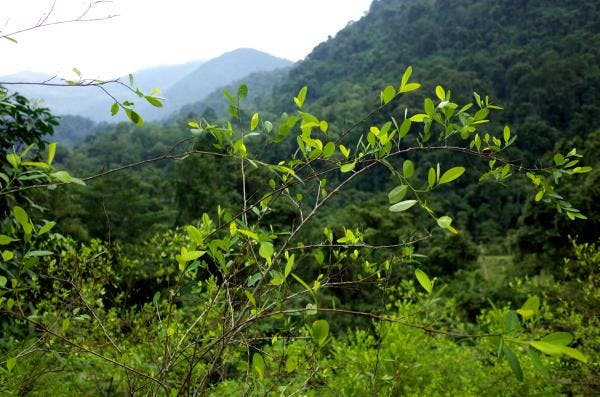James Wagstaff / Shutterstock
Drug policy and pathways to peace in Colombia
"We aren’t killed by any weed. Neither coca, nor poppy, nor marijuana kill us. We are killed by hunger," said one of the members of the National Coordinator of Coca, Marijuana and Poppy Growers (Coccam) from the department of Cauca in Colombia. The comment was made in the context of a seminar on the regulation of cannabis for adult use held on June 22 at the University of Cauca, a discussion that proposed to broaden reflection on the articulation of alternative drug policies and pathways towards peace. From the academic sphere, the event brought together analysts, state representatives, producers, and consumers.
The leader's comment replicates a slogan raised during the presidency of Alvaro Uribe. With the aim of demonizing coca, he referred to it as “la mata que mata”—"the weed that kills" (or “the killer that kills,” reflecting the dual meaning of “mata” in Spanish). More recently, this classification was extended to other plants that are grown in Indigenous, Afro-descendant, and peasant territories and processed for uses that are mostly classified as illicit. Alongside coca, marijuana, opium, and poppy are also included.
Nevertheless, the demonized plants have recognized nutritional, therapeutic, and cosmetic virtues. Indigenous peoples repeatedly emphasize the ancestral, ritual, and healing role they play in their lives. Mantey Yu'ce Tasx, the name of one of the invited organizations, means "the remedies of yesteryear" in the language of the Nasa people, the importance of which was underlined during the aforementioned seminar in reference to "all the medicinal plants and animals that are in our environment."
The arrival of Gustavo Petro, the first leftist president in the country’s history, marked a shift to a "government of change." Petro’s aspiration for "total peace"—which foresees negotiations with all armed actors, including drug traffickers—implied reviewing the legitimacy/legality of the "prohibited crops," and thinking about their transformation instead of eradication or substitution.
On the basis of this commitment, Colombia joined Bolivia in demanding that coca be removed from the list of substances subject to international drug control during the United Nations Commission session on Narcotic Drugs in March of this year. Furthermore, during the first legislature of the Petro government, a bill in favor of the regulation of the recreational use of cannabis was presented and supported by Petro’s party.
